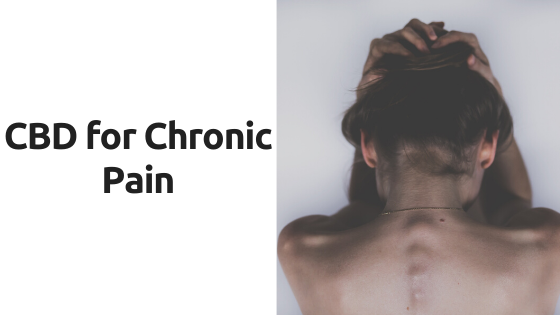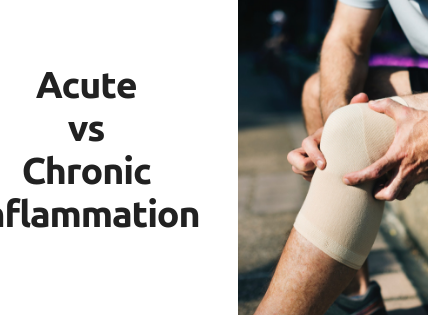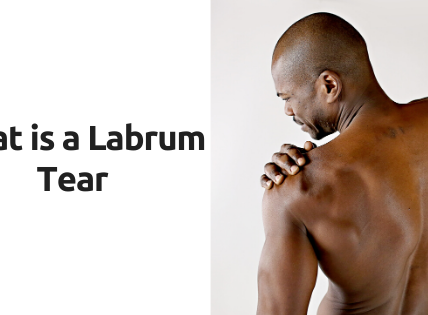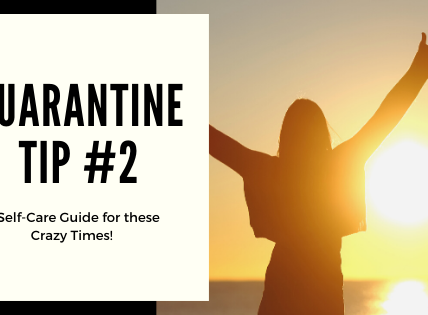As an Amazon Associate, I earn from qualifying purchases.

CBD has been a hot topic lately. With claims that CBD can help with everything from anxiety to seizures it seems to be a natural alternative for many ailments. Many are turning to CBD for to help manage their chronic pain and to replace over the counter medicines and addictive prescription opioids. While there are still skeptics, CBD may very well be at least one answer to the opioid crisis many are facing. Here’s how…
CBD is derived from the cannabis plant, which causes many people to confuse it with tetrahydrocannabinol (THC), the compound in marijuana that gives the well-known euphoric high sensation. But CBD doesn’t affect the same receptors as THC. While it is one of more than 120 compounds categorized as cannabinoids, each of these has a slightly different effect on the body. So regardless of the fact that they may both be a similar compound, they are completely different in how they affect the body.
Chronic Pain Vs Acute Pain(Opens in a new browser tab)
You see, our bodies have an endocannabinoid system (ECS) that receives and translates signals from cannabinoids. The ECS regulates functions like sleep, immune system responses, your digestive system, and pain. The body even makes cannabinoids of its own, referred to as endocannabinoids, and CBD influences the body to use its own endocannabinoids more effectively. The effectiveness of CBD in your body depends on the cannabinoid receptors that are receiving the messages. CB1 receptors are primarily found in the brain. Their job is to control movement, pain, thinking, appetite, and memories. CB2 receptors are located throughout the body and they regulate things related to our immune response, such as pain and inflammation.
In a study done in 2018¹ they found that both cannabis and CBD can help with cancer related pain, neuropathic pain, and fibromyalgia pain. Not only can CBD help with these types of chronic pain, it also doesn’t have the same addictive properties as opioids. 27 million people worldwide suffered from opioid use disorders in 2016. Many of those began with prescription opioids, so any type of non-addictive pain relief is a welcome sight for many people with chronic pain.
There are countless medical conditions that can result in chronic pain. Just as much as you deserve relief from that pain, you also deserve to be able to trust that the relief doesn’t come with horrible side effects or addictive qualities. Talk to your doctor about trying CBD for pain relief today.
1 Kramer, A. F., Hahn, S., Cohen, N. J., Banich, M. T., McAuley, E., Harrison, C. R., … Colcombe, A. (n.d.). Ageing, fitness and neurocognitive function. Retrieved from https://www.nature.com/articles/22682




